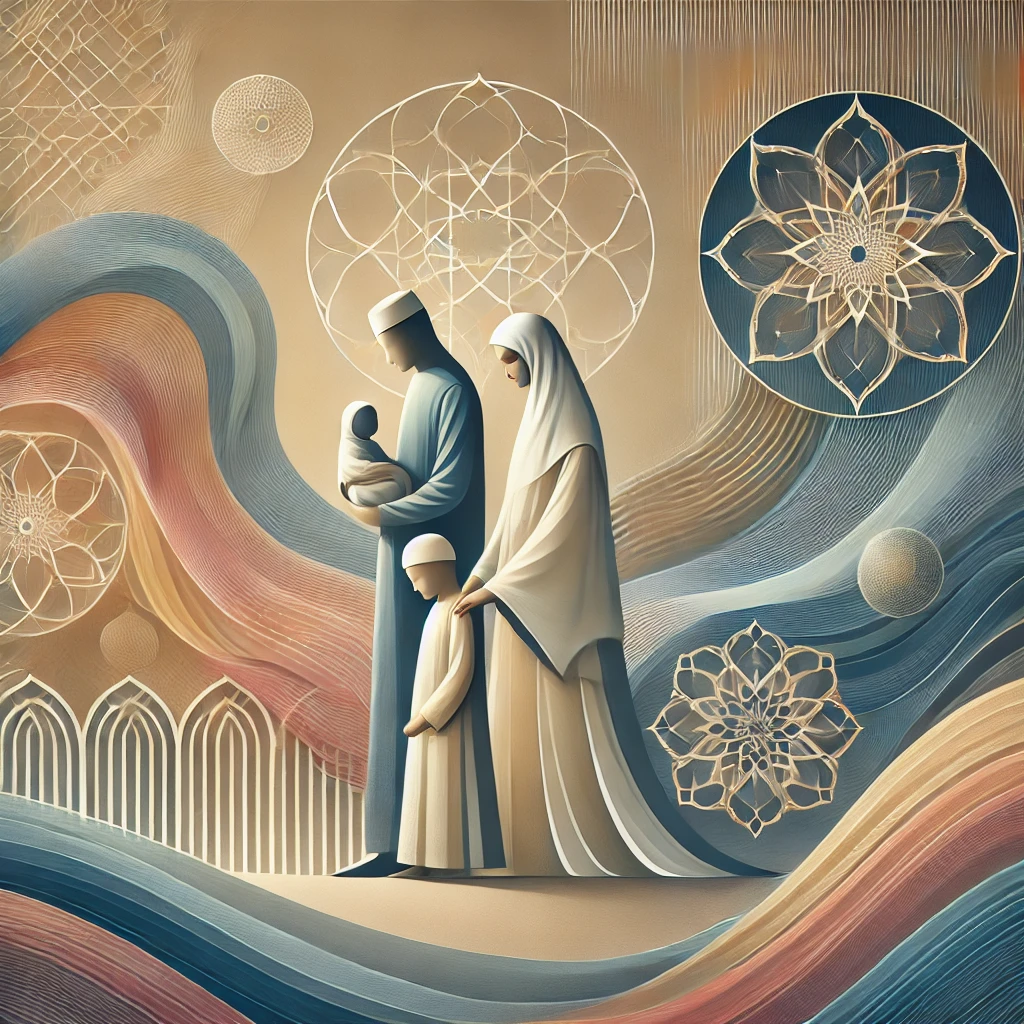The Quran, as the holy book of Islam, is considered the ultimate source of guidance for Muslims. Revealed to Prophet Muhammad over a period of 23 years, the Quran provides teachings on faith, morality, law, and social order. It serves as a manual for life, offering wisdom and principles to lead a life of righteousness, justice, and devotion to Allah. Its verses are recited by Muslims daily, whether in prayer, reflection, or study, as a way of strengthening their relationship with Allah and gaining insight into His commands.
One of the key messages of the Quran is the oneness of Allah, known as Tawhid. The Quran emphasizes that there is no deity but Allah, and that He alone is worthy of worship. This central belief in Islam shapes the lives of Muslims, guiding them to live in accordance with Allah’s will and to rely on Him in all matters. The Quran calls for the rejection of idolatry and polytheism, urging believers to focus their devotion solely on Allah. This teaching of monotheism is a recurring theme throughout the Quran and is foundational to Islamic belief and practice.
Another essential teaching of the Quran is justice and fairness. The Quran frequently addresses the importance of establishing justice in all aspects of life, whether it be in personal relationships, business transactions, or governance. It calls for honesty, fairness, and truthfulness in dealings with others and condemns corruption, deceit, and oppression. The Quran also speaks of the rights of individuals, including women, orphans, and the poor, and stresses the responsibility of the community to ensure that these rights are protected. Establishing justice is seen as an act of worship and a way to fulfill Allah’s commands.
The Quran also highlights the concept of Taqwa, or God-consciousness. It encourages Muslims to be mindful of Allah in all their actions, knowing that He is ever-present and aware of their deeds. This awareness of Allah’s presence motivates believers to act righteously, avoid sin, and strive to please Him in everything they do. The Quran describes Taqwa as a shield that protects believers from the temptations of this world and helps them stay on the straight path. Those who possess Taqwa are promised blessings and success in both this life and the hereafter.
Charity and compassion are other important teachings of the Quran. The Quran repeatedly calls on Muslims to give to those in need, reminding them that wealth is a blessing from Allah and should be shared with the less fortunate. Zakat, or obligatory charity, is one of the Five Pillars of Islam and is commanded in the Quran as a means of purifying one’s wealth and helping to establish social equality. In addition to Zakat, the Quran encourages voluntary charity (Sadaqah) and kindness to others, emphasizing that these acts bring believers closer to Allah and earn His favor.
The Quran is not only a guide for individual conduct but also provides guidance on social order and governance. It lays out principles for justice, leadership, and the welfare of the community. The Quran emphasizes the importance of consultation (Shura) in decision-making and the need for rulers to govern with justice and integrity. It condemns tyranny and oppression and calls for the protection of the rights of the oppressed. These teachings reflect the Quran’s vision of a just and harmonious society, where the rights of all individuals are respected and upheld.
In addition to legal and moral guidance, the Quran also offers profound spiritual insights. It speaks of the purpose of life, the nature of the soul, and the reality of the hereafter. The Quran encourages believers to reflect on the signs of Allah in the world around them, to recognize His greatness in the creation of the heavens and the earth. It speaks of the mercy and forgiveness of Allah and invites sinners to repent and turn back to Him. The Quran reassures believers that Allah is compassionate and that He responds to those who sincerely seek Him.
Ultimately, the Quran is a source of comfort and strength for Muslims. It provides answers to life’s most pressing questions and offers guidance on how to live a fulfilling and meaningful life. Muslims turn to the Quran not only for legal and moral direction but also for spiritual nourishment. Its verses offer solace in times of hardship and inspire hope and trust in Allah’s plan. Through the Quran, Muslims find a sense of purpose and clarity, knowing that they are following the divine wisdom of their Creator.
In conclusion, the Quran serves as a comprehensive guide for Muslims, addressing all aspects of life, from personal conduct to social justice, from spiritual growth to governance. Its teachings on monotheism, justice, charity, and God-consciousness form the foundation of Islamic belief and practice. The Quran’s timeless wisdom continues to inspire and guide Muslims, offering them a path to success in this life and the hereafter. By living according to the teachings of the Quran, Muslims seek to achieve peace, happiness, and closeness to Allah.










